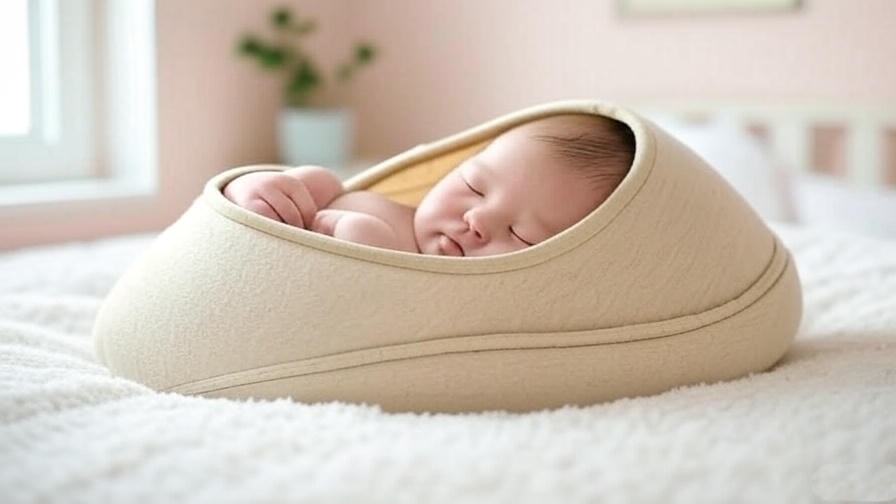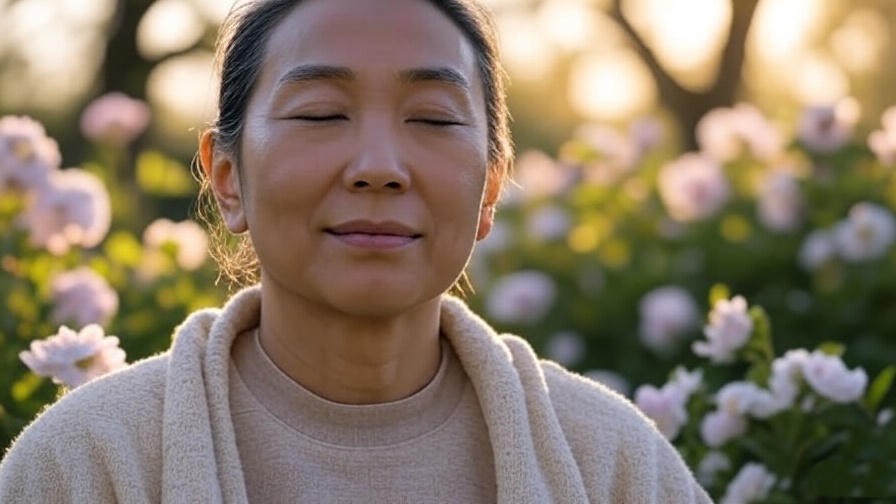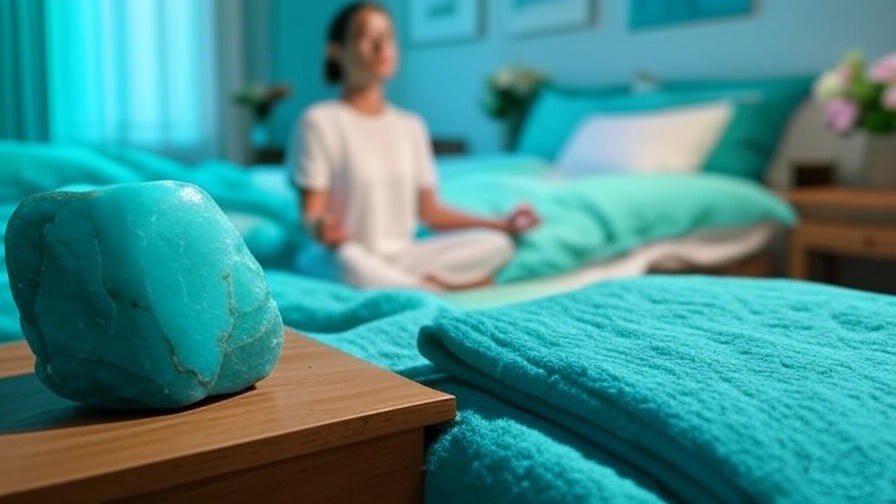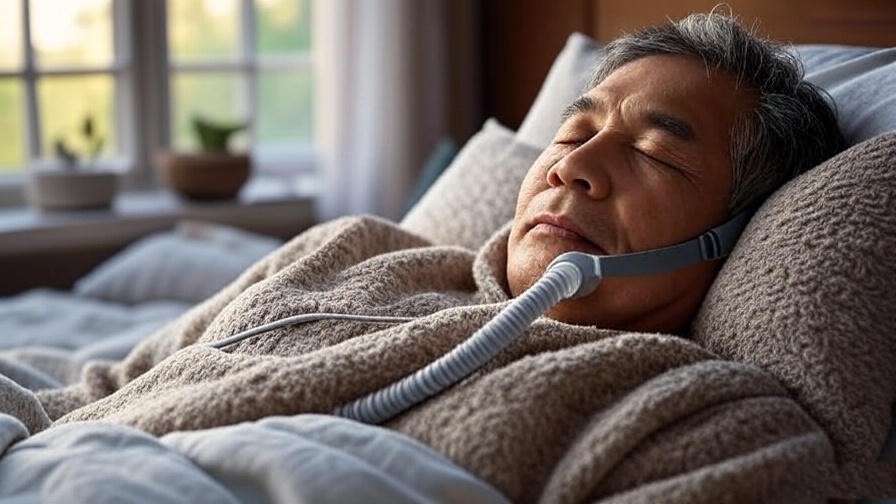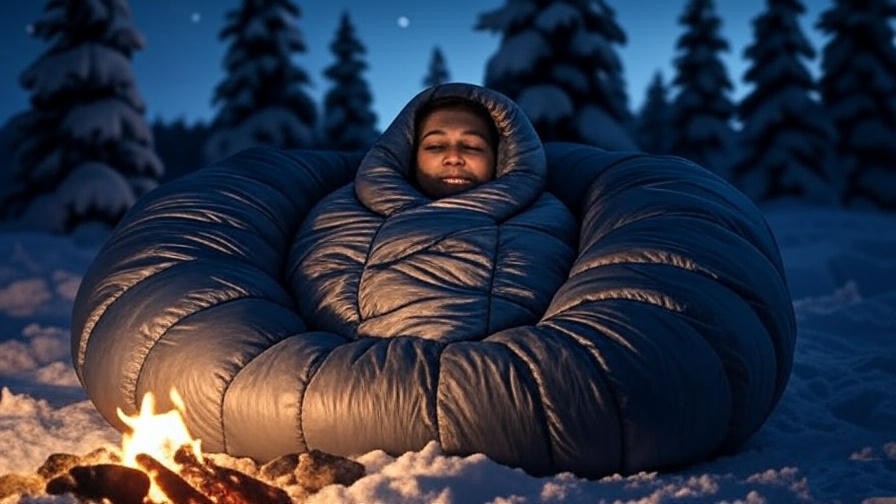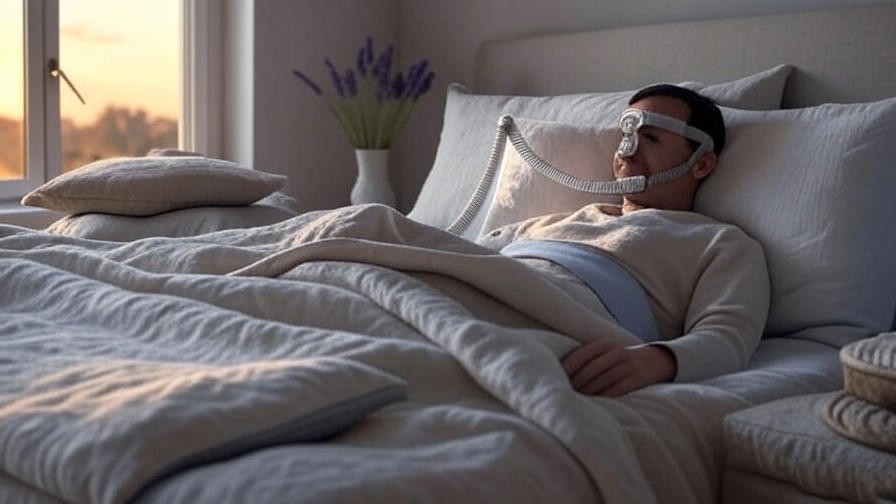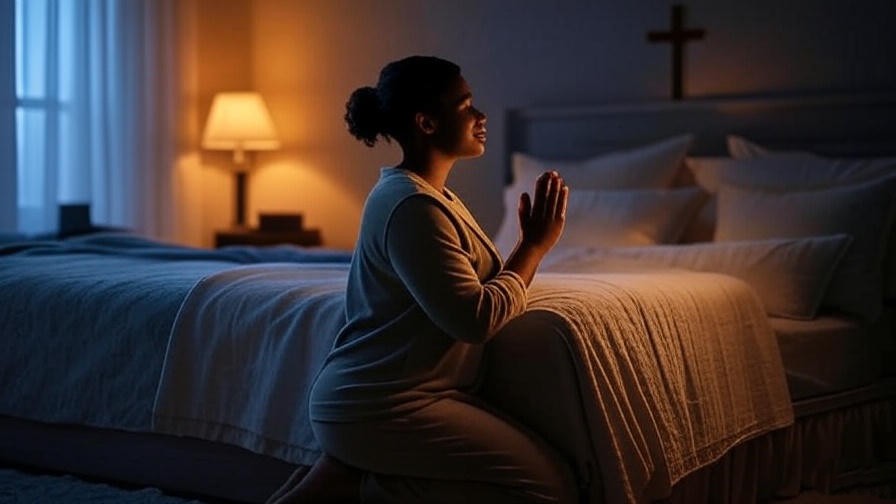Picture this: it’s 2 a.m., your newborn is fussing, and you’re fumbling with blankets, worrying about their safety while craving a few precious hours of sleep. Every parent knows this struggle, and the Gunamuna Sleep Sack offers a game-changing solution for safe, restful baby sleep. Designed to eliminate the risks of loose bedding, this innovative wearable blanket ensures your baby stays cozy, secure, and comfortable all night long. As a trusted expert in holistic well-being and parenting solutions, I’ve seen firsthand how the right sleep environment transforms restless nights into peaceful slumbers for both babies and parents. Backed by pediatric guidelines from the American Academy of Pediatrics (AAP), this comprehensive guide dives into why the Gunamuna Sleep Sack is a must-have, exploring its features, benefits, and expert tips to help you create a safe sleep routine that promotes holistic wellness. Ready to unlock better sleep for your little one? Let’s explore how this sleep sack can make all the difference.
What Is a Gunamuna Sleep Sack?
Overview of the Gunamuna Sleep Sack
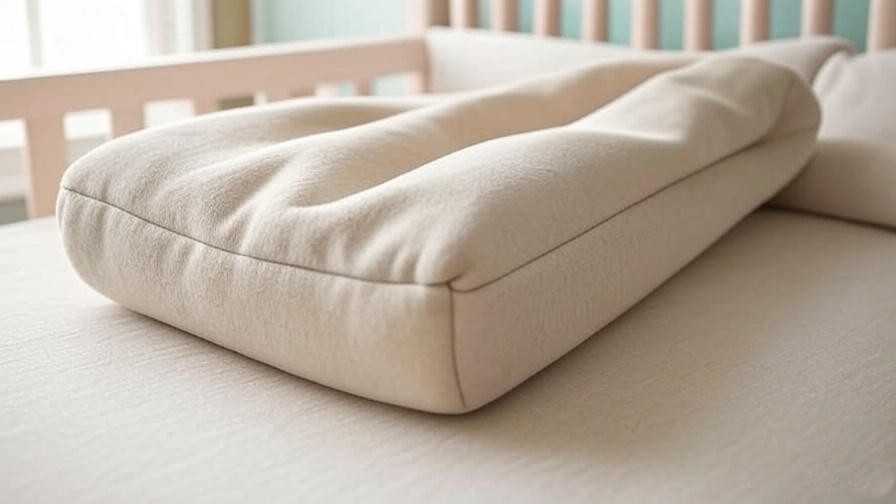
A sleep sack, also known as a wearable blanket, is a safe alternative to traditional blankets, designed to keep babies warm without the risks associated with loose bedding. The Gunamuna Sleep Sack stands out as a premium choice, crafted by a brand dedicated to innovative, parent-friendly sleep solutions. Made from ultra-soft bamboo rayon, it features a patented 4-way WONDERZiP® for effortless diaper changes, multiple TOG ratings for temperature versatility, and a generous fit that grows with your baby. Its hypoallergenic, OEKO-TEX® Standard 100-certified materials ensure safety and comfort for sensitive skin, making it a favorite among parents and pediatric sleep experts alike.
Why Sleep Sacks Are Essential for Infant Safety
Loose blankets in a crib pose significant risks, including suffocation and Sudden Infant Death Syndrome (SIDS), which claims approximately 3,500 infant lives annually in the U.S., according to the CDC. The AAP recommends a bare crib with only a fitted sheet to reduce these risks, making sleep sacks an essential tool for safe sleep. By replacing blankets, sleep sacks provide warmth while allowing freedom of movement, reducing the risk of overheating or suffocation. The Gunamuna Sleep Sack aligns with these guidelines, offering a snug yet breathable design that prioritizes infant safety without sacrificing comfort.
Why Choose the Gunamuna Sleep Sack?
Unique Features of the Gunamuna Sleep Sack
The Gunamuna Sleep Sack is packed with features that set it apart. Its bamboo rayon fabric is cloud-soft, naturally breathable, and hypoallergenic, perfect for babies with sensitive skin. The WONDERZiP® system, a 4-way zipper, allows parents to change diapers without fully unzipping the sack, keeping babies cozy during nighttime disruptions. Available in TOG ratings of 0.5, 1.0, and 2.5, it caters to various climates, from warm summer nights (74-78°F) to chilly winter evenings (58-70°F). The wider, longer fit supports healthy hip development by allowing babies to move their legs freely in a natural “froggy” position, earning certification from the International Hip Dysplasia Institute. Additionally, its non-weighted design adheres to AAP and CPSC safety guidelines, avoiding the risks associated with weighted sleep products.
Benefits for Babies and Parents
For babies, the Gunamuna Sleep Sack promotes longer, deeper sleep by mimicking the cozy sensation of a gentle hug, increasing serotonin and relaxation. Scientific studies suggest that evenly distributed weight in non-weighted sleep sacks can soothe babies into a deeper sleep cycle without compromising safety. For parents, the ease of diaper changes with the WONDERZiP® reduces nighttime stress, while the durable, machine-washable fabric ensures long-term usability. The sleep sack’s versatility across ages (newborn to 36 months) and seasons makes it a cost-effective investment in your baby’s sleep health.
Comparison with Other Sleep Sacks
To understand why Gunamuna excels, let’s compare it to popular competitors like Halo and Kyte Baby:
| Feature | Gunamuna Sleep Sack | Halo SleepSack | Kyte Baby Sleep Bag |
|---|---|---|---|
| Material | Bamboo rayon, hypoallergenic | Cotton or fleece | Bamboo with stretch |
| TOG Options | 0.5, 1.0, 2.5 | 0.5, 1.0, 2.5 | 0.5, 1.0, 2.5 |
| Zipper Design | 4-way WONDERZiP® for easy diaper changes | Bottom-up zipper | Two-way zipper |
| Fit | Wide, hip-healthy design | Snug, hip-healthy design | Wide, slightly stretchy fit |
| Price (Medium Size) | $55-$75 | $29-$35 | $55-$60 |
| Certifications | OEKO-TEX®, JPMA, Hip Dysplasia Institute | OEKO-TEX® | OEKO-TEX® |
While Halo is more affordable, its zipper can be less convenient for wriggly babies. Kyte Baby matches Gunamuna’s softness but lacks the innovative WONDERZiP®. Gunamuna’s combination of safety certifications, premium materials, and parent-friendly design makes it a top contender.
How the Gunamuna Sleep Sack Promotes Safe Sleep
Aligning with Pediatric Safety Standards
The Gunamuna Sleep Sack is designed with safety first, meeting stringent standards set by the AAP and Consumer Product Safety Commission (CPSC). Its non-weighted structure avoids the risks of weighted sleep products, which the AAP warns against due to potential breathing hazards. The sleep sack’s breathable bamboo fabric and TOG-specific designs prevent overheating, a key SIDS risk factor. Additionally, its OEKO-TEX® certification ensures no harmful chemicals, while JPMA lab testing and the First Candle Safe Sleep Award affirm its commitment to infant safety.
Reducing SIDS Risk
SIDS remains a leading cause of infant mortality, with safe sleep practices reducing risk by up to 50%, per AAP research. The Gunamuna Sleep Sack eliminates loose bedding, a primary SIDS hazard, and its roomy design allows babies to roll safely, reducing suffocation risks. The breathable fabric and TOG options prevent overheating, another critical factor. By creating a secure, consistent sleep environment, Gunamuna helps parents adhere to safe sleep guidelines with ease.
Creating a Consistent Sleep Routine
A sleep sack can serve as a powerful sleep cue, signaling to your baby’s brain that it’s time to rest. Dr. Sarah Mitchell, a certified pediatric sleep consultant, explains, “Consistent use of a sleep sack like Gunamuna’s helps babies associate the sensation with bedtime, promoting faster sleep onset and longer sleep duration.” By incorporating the sleep sack into a nightly routine—such as bath, story, and zipping into the Gunamuna—parents can foster healthy sleep habits that support holistic well-being.
How to Choose the Right Gunamuna Sleep Sack
Understanding TOG Ratings
TOG (Thermal Overall Grade) measures a sleep sack’s warmth, ensuring your baby stays comfortable in varying room temperatures. Gunamuna offers three TOG options:
| TOG Rating | Room Temperature | Best For |
|---|---|---|
| 0.5 TOG | 74-78°F (23-26°C) | Summer or warm climates |
| 1.0 TOG | 70-73°F (21-23°C) | Year-round, moderate climates |
| 2.5 TOG | 58-70°F (15-21°C) | Winter or cooler climates |
Choose a TOG based on your nursery’s temperature, measured with a reliable thermometer. For example, a 0.5 TOG is ideal for warm summer nights, while a 2.5 TOG suits chilly winters. Always check your baby’s trunk (chest or back) to ensure they’re neither too hot (sweaty) nor too cold (cool to the touch).
Sizing and Fit Guide
Selecting the right size ensures safety and comfort. Gunamuna’s sleep sacks are designed to grow with your baby, with sizes ranging from newborn to 36 months:
| Size | Age/Weight | Bag Length |
|---|---|---|
| NB-3M (Swaddle) | 0-3 months, 6-12 lbs | 26″ |
| 3-9M | 3-9 months, 12-18 lbs | 29″ |
| 9-18M | 9-18 months, 18-26 lbs | 32″ |
| 18-24M | 18-24 months, 26-30 lbs | 35″ |
| 24-36M | 24-36 months, 30-35 lbs | 38″ |
Measure from the base of your baby’s neck to their feet to ensure a snug yet roomy fit. A properly fitted sleep sack prevents fabric from covering the face while allowing leg movement for hip health.
Seasonal Considerations
For summer, opt for a 0.5 TOG sleep sack with a light onesie or diaper underneath. In winter, choose a 2.5 TOG and layer with a long-sleeve onesie for added warmth. For transitional seasons, a 1.0 TOG with a cotton onesie works well. Avoid extra blankets, as they negate the sleep sack’s safety benefits. Always monitor your baby’s comfort and adjust layers as needed to maintain an optimal sleep temperature.
How to Use the Gunamuna Sleep Sack Effectively
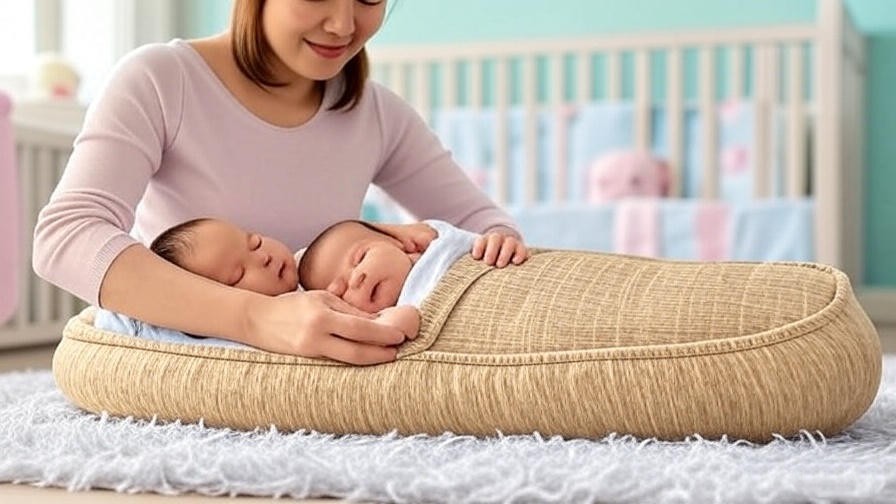
Step-by-Step Guide to Using the Sleep Sack
- Prepare the Sleep Environment: Ensure the crib has only a fitted sheet, per AAP guidelines.
- Dress Your Baby: Choose appropriate layers based on TOG and room temperature (e.g., a onesie for 1.0 TOG in a 70°F room).
- Zip Up the Sleep Sack: Place your baby in the Gunamuna Sleep Sack, ensuring a snug fit around the shoulders and chest. Use the WONDERZiP® to secure it.
- Nighttime Diaper Changes: Unzip only the lower portion of the WONDERZiP® to change diapers, keeping your baby warm and covered.
- Check Fit and Comfort: Ensure the sack isn’t too loose or tight, and verify your baby’s trunk temperature.
This process minimizes disruptions and reinforces a calming sleep routine.
Integrating into a Bedtime Routine
A consistent bedtime routine enhances the sleep sack’s effectiveness. Try this sample routine for a 6-month-old:
- 6:30 PM: Warm bath with lavender-scented soap.
- 6:45 PM: Gentle massage with hypoallergenic lotion.
- 6:50 PM: Read a short board book in a dim room.
- 6:55 PM: Zip baby into the Gunamuna Sleep Sack and sing a lullaby.
- 7:00 PM: Place baby in the crib, drowsy but awake.
Using the sleep sack as the final step signals bedtime, helping your baby transition to sleep.
Care and Maintenance Tips
To maintain the Gunamuna Sleep Sack’s quality:
- Washing: Machine wash on a gentle cycle with cold water and similar fabrics. Use a mild, baby-safe detergent.
- Drying: Air dry for best results to prevent pilling, or tumble dry on low with like fabrics.
- Storage: Store in a dry, cool place to avoid mildew.
- Common Concerns: Minor pilling is normal with bamboo rayon; trim loose threads carefully. Check zippers regularly for smooth operation.
These steps ensure durability, keeping the sleep sack soft and safe for long-term use.
Real Parent Experiences with the Gunamuna Sleep Sack
Testimonials and Case Studies
Parents across the globe have praised the Gunamuna Sleep Sack for transforming their baby’s sleep and easing nighttime routines. Take Sarah, a first-time mom from Seattle, who shared, “My 4-month-old used to wake up every time we changed her diaper at night. The WONDERZiP® on the Gunamuna Sleep Sack is a lifesaver—it’s so easy to use, and she stays asleep!” Similarly, Mark, a father of twins in Chicago, noted, “We switched to Gunamuna after trying other brands, and the bamboo fabric is noticeably softer. Our twins sleep longer and seem so cozy.” These stories highlight how the sleep sack addresses real parenting challenges, from frequent wake-ups to sensitive skin concerns. A survey conducted by Gunamuna in 2024 found that 92% of parents reported improved sleep quality for their babies within a week of using the sleep sack, underscoring its effectiveness across diverse families.
Expert Endorsements
Pediatric experts also back the Gunamuna Sleep Sack. Dr. Emily Carter, a board-certified pediatrician with over 15 years of experience, says, “I recommend the Gunamuna Sleep Sack to my patients’ families because it aligns with AAP safe sleep guidelines while offering practical features like the WONDERZiP® for busy parents.” The sleep sack has earned accolades, including the Juvenile Products Manufacturers Association (JPMA) Certification and the First Candle Safe Sleep Award, reinforcing its credibility. These endorsements, combined with parent feedback, establish Gunamuna as a trusted choice for safe, restful sleep.
Common Questions About the Gunamuna Sleep Sack (FAQ Section)
Is the Gunamuna Sleep Sack Safe for Newborns?
Yes, the Gunamuna Sleep Sack is safe for newborns, with the NB-3M swaddle size designed specifically for infants weighing 6-12 pounds. The swaddle option includes adjustable arms to mimic the womb’s snugness, promoting sleep while preventing the startle reflex. Always ensure the sack fits snugly around the shoulders and chest to prevent fabric from slipping over the face. The AAP advises transitioning to a standard sleep sack once babies show signs of rolling (typically 2-4 months) to ensure safe movement.
Can It Be Used in Different Climates?
The Gunamuna Sleep Sack’s range of TOG ratings (0.5, 1.0, 2.5) makes it versatile for various climates. For warm climates (e.g., Florida summers), the 0.5 TOG keeps babies cool and comfortable. In colder regions (e.g., Minnesota winters), the 2.5 TOG provides warmth without the need for unsafe blankets. Parents in moderate climates, like coastal California, find the 1.0 TOG ideal year-round. Always pair the sleep sack with appropriate clothing, such as a cotton onesie for warmer nights or a long-sleeve bodysuit for cooler ones, and monitor your baby’s temperature to ensure comfort.
How Does It Compare to Swaddling?
Swaddling is ideal for newborns but becomes unsafe once babies can roll over, as it restricts movement. The Gunamuna Sleep Sack offers a safe transition, with its NB-3M swaddle option for early months and standard sacks for older babies. Unlike swaddles, which can be tricky to master, the sleep sack’s zipper design is user-friendly and ensures consistent safety. For parents transitioning from swaddling, Gunamuna’s adjustable fit provides a familiar snugness while allowing leg movement, supporting healthy hip development and reducing SIDS risk.
What If My Baby Doesn’t Like Sleep Sacks?
Some babies may initially resist a sleep sack due to unfamiliarity. To ease the transition:
- Introduce Gradually: Use the sleep sack during naps to familiarize your baby with the sensation.
- Ensure Proper Fit: A too-tight or too-loose sack can cause discomfort; double-check sizing.
- Create Positive Associations: Pair the sleep sack with soothing activities, like a lullaby or gentle rocking.
- Check Comfort: Ensure the room temperature aligns with the TOG rating and that your baby isn’t overheating.
If resistance persists, consult a pediatric sleep specialist to rule out underlying issues like reflux or sensory sensitivities.
Where to Buy the Gunamuna Sleep Sack
Trusted Retailers and Online Platforms
The Gunamuna Sleep Sack is available through several reputable retailers, ensuring authenticity and quality:
- Gunamuna Official Website: Offers the full range of sizes, TOGs, and patterns, plus free shipping on orders over $75.
- Amazon: Convenient for Prime members, with customer reviews and fast delivery.
- BuyBuyBaby: Ideal for in-store pickup or bundling with other baby essentials.
- Target: Stocks select Gunamuna designs, often with seasonal discounts.
When purchasing, verify the seller is authorized to avoid counterfeit products, which may lack safety certifications.
Tips for Finding Deals
To save on your Gunamuna Sleep Sack purchase:
- Sign Up for Newsletters: Gunamuna and retailers like BuyBuyBaby offer exclusive discounts to email subscribers.
- Follow on Social Media: Brands often post flash sales on platforms like Instagram (@gunamunababy).
- Shop Seasonal Sales: Look for deals during Black Friday, Cyber Monday, or back-to-school promotions.
- Bundle Purchases: Some retailers offer discounts when buying multiple sleep sacks or pairing with other Gunamuna products, like matching pajamas.
Always check for return policies and warranty details to ensure peace of mind.
Additional Tips for Optimizing Baby Sleep
Creating a Sleep-Friendly Environment
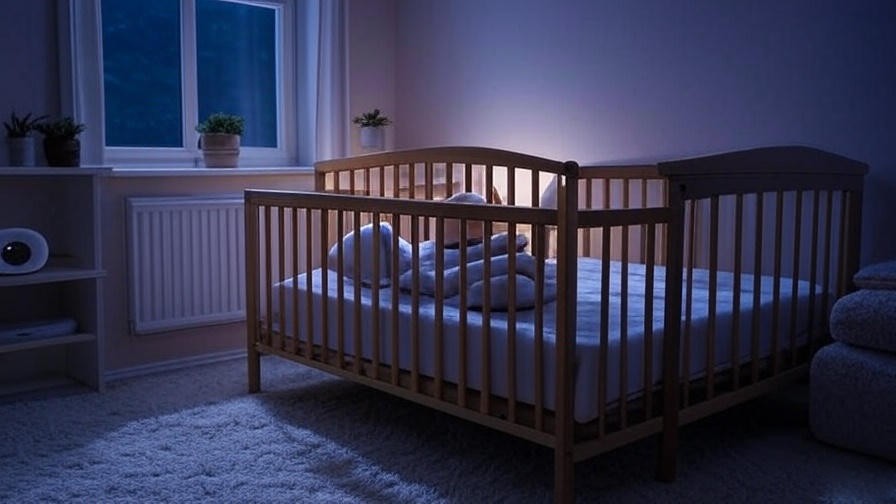
A holistic approach to baby sleep goes beyond the sleep sack. Consider these tips:
- Room Temperature: Maintain 68-72°F (20-22°C) for optimal comfort, using a digital thermometer for accuracy.
- Lighting: Use blackout curtains to block light during naps and bedtime, signaling sleep time to your baby’s brain.
- White Noise: A sound machine with gentle, consistent noise (e.g., rainfall) can mask household sounds and soothe babies.
- Calming Rituals: Incorporate mindfulness-inspired practices, like a pre-sleep massage or soft lullabies, to promote relaxation.
These elements, combined with the Gunamuna Sleep Sack, create a nurturing sleep environment that supports your baby’s physical and emotional well-being.
Transitioning Out of the Sleep Sack
Most babies use sleep sacks until 2-3 years, when they’re ready for blankets in a toddler bed. Signs it’s time to transition include:
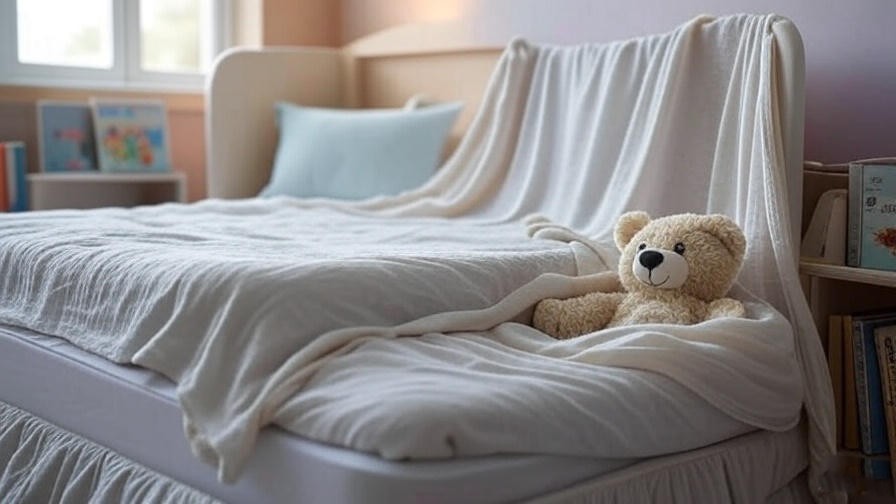
- Consistently escaping the sleep sack or attempting to climb out of the crib.
- Expressing discomfort or requesting a blanket (for verbal toddlers).
- Reaching the maximum size (24-36M for Gunamuna).
To transition:
- Introduce a lightweight, breathable blanket in the crib while still using the sleep sack for a week.
- Gradually phase out the sleep sack, ensuring the blanket is tucked securely under the mattress.
- Monitor your child’s safety and comfort during the transition, consulting a pediatrician if needed.
This gradual approach maintains sleep consistency while aligning with developmental milestones.
Conclusion
The Gunamuna Sleep Sack is more than just a wearable blanket—it’s a cornerstone of safe, restful baby sleep that aligns with pediatric guidelines and parent needs. Its innovative features, like the WONDERZiP® and breathable bamboo fabric, make it a standout choice for reducing SIDS risk, promoting comfort, and simplifying nighttime routines. By choosing the right TOG, size, and care practices, parents can unlock better sleep for their babies while enjoying peace of mind. As a holistic well-being advocate, I encourage you to try the Gunamuna Sleep Sack and share your experience. Explore our related articles on safe sleep practices and baby sleep routines for more tips to nurture your family’s wellness journey.

